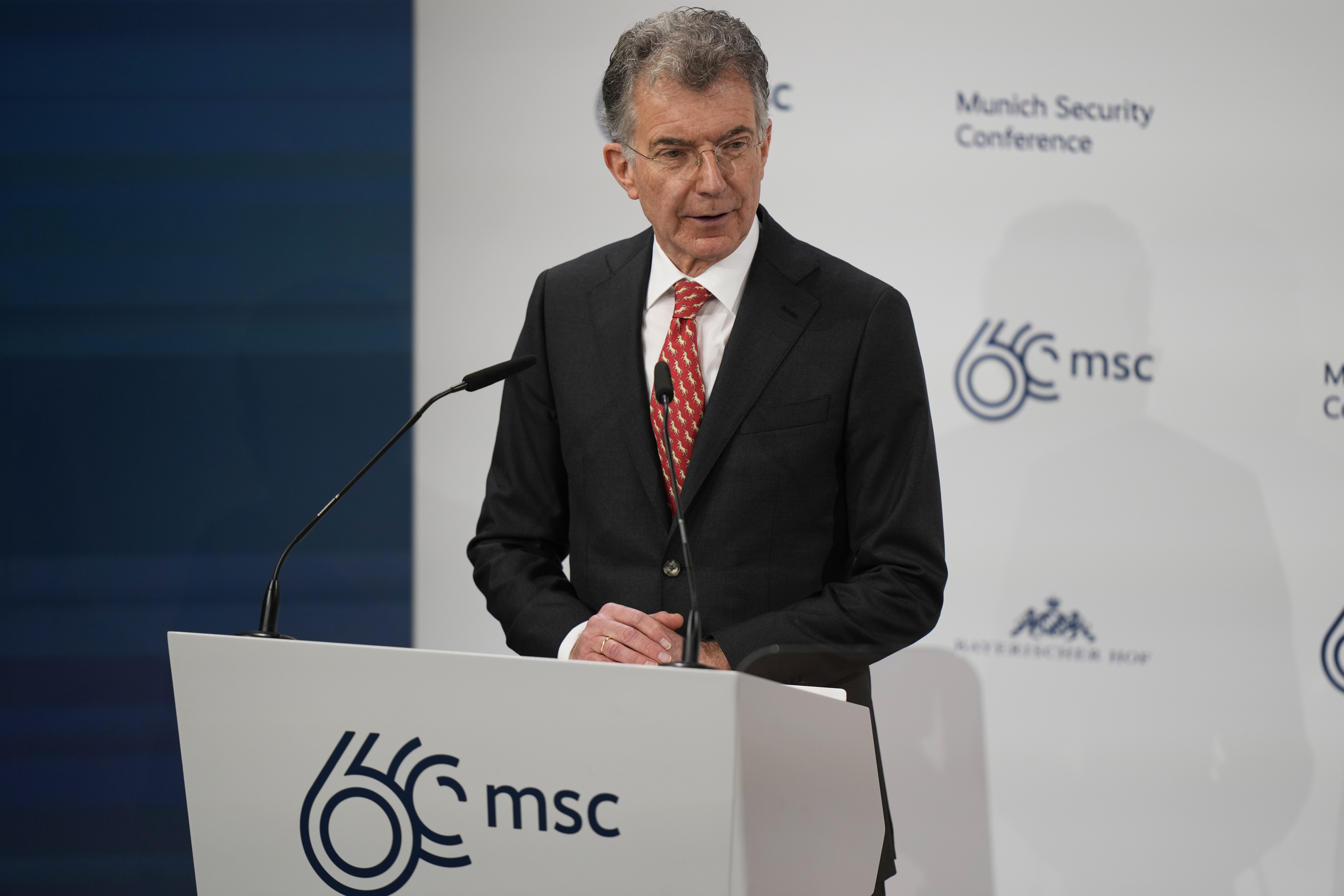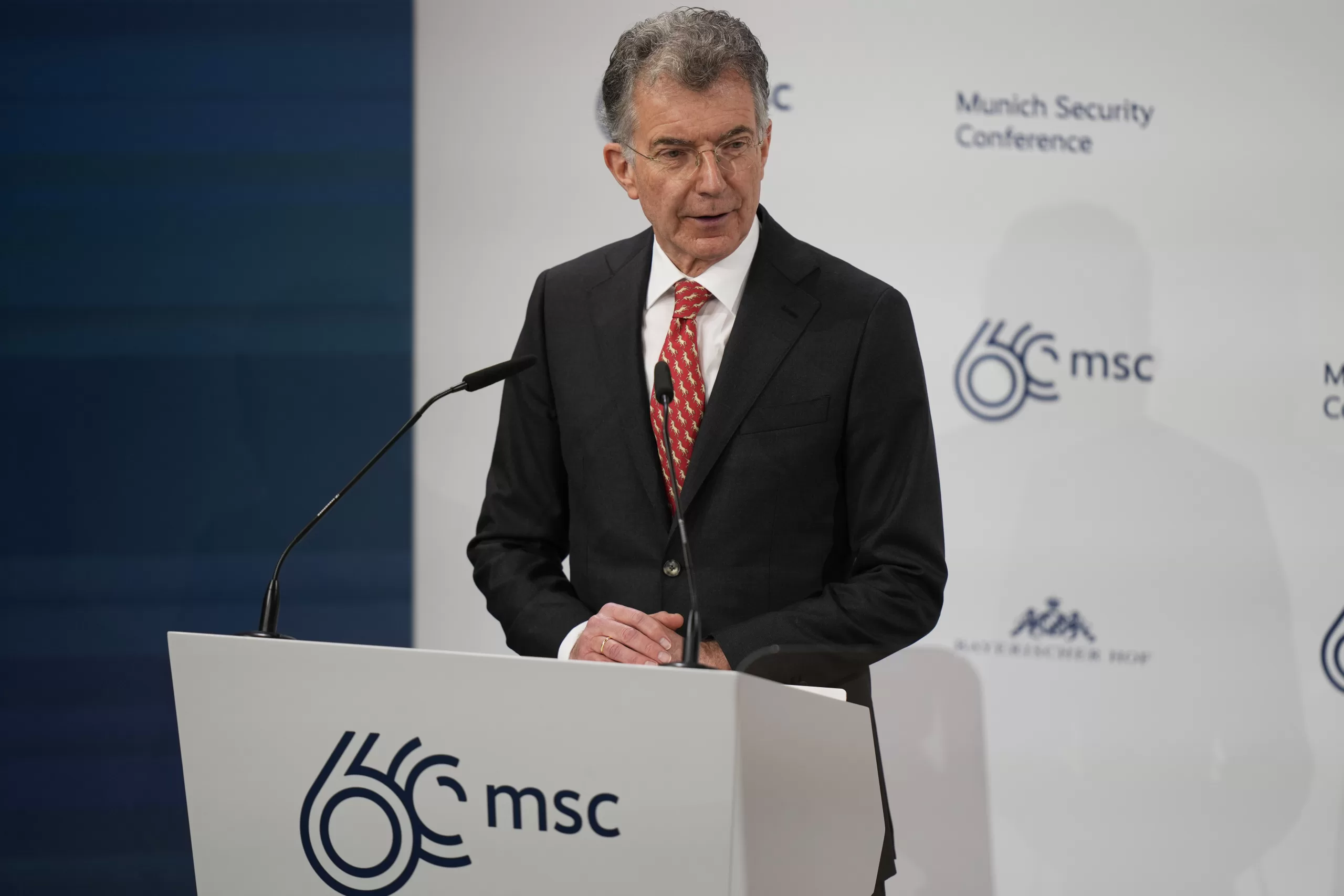
As the largest member of the European Union, Germany’s stance carries weight in Brussels. And Berlin has found itself at odds with many European countries — led by Spain, Ireland and Belgium — which have called for a cease-fire. French President Emmanuel Macron added his voice to the growing chorus of criticism of Israel’s actions, warning Friday that an assault on Rafah by Israel would be a “grave violation of international law.”
Spanish and Irish leaders are even seeking a review of the current EU-Israel Association Agreement that governs trade relations between the two, amid concerns that Israel could be in breach of human rights obligations in the accord.
A spokesperson for the Munich Security Conference said it was committed to providing a balance of perspectives from both the Israeli and Palestinian viewpoints.
“The Munich Security Conference has always tried to ensure the best possible inclusion of views and opinions, no matter how divergent they may be,” the spokesperson said. “Given the brutal attacks of October 7 and the ensuing escalation, we have placed particular emphasis on including all players from the region in this year’s conference.”
Representatives from the Israeli government, along with families of hostages taken by Hamas, are at the conference — alongside the prime minister and foreign minister of the Palestinian territories, as well as representatives from Arab nations such as the king of Jordan and the prime ministers of Lebanon, Iraq and Kuwait (not to mention Qatar).
Heusgen earlier this week called it a symbol of reconciliation to invite a quartet from the West-Eastern Divan Orchestra — led by Daniel Barenboim, who holds Israeli and Palestinian citizenship — to open the conference.
But the moving sounds of the string quartet, as it filled the conference hall of the Bayerischer Hof hotel Friday, did little to soothe deep-seated divides over the Israel-Palestinian conflict.
